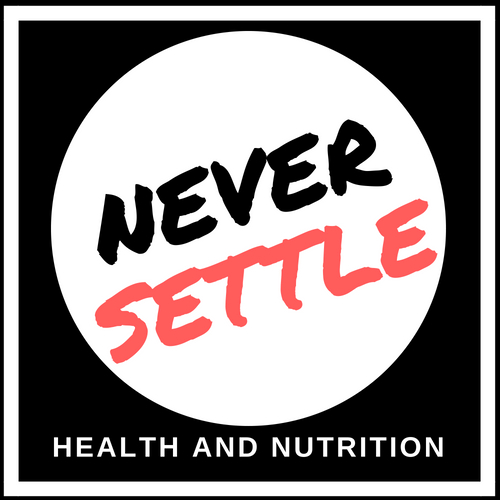Will I have to give up ALL of my favorite foods??
No! And yes. I don't like to sugar coat the fact that some of our favorite foods tend to be the worst for us either because of their sugar content or because cravings may actually be indicative of food intolerances. But finding out which foods are causing you pain can be powerful stuff and expanding your diet to include new foods can change your palate so that you can find new favorites to enjoy.
I'll be really embarrassed to tell you about my diet. As a nutrition specialist, yours must be perfect.
Bwahaha….we are all works in progress and and I'm no different. My diet is nowhere close to "perfect" plus I don't believe there's a one size fits all diet anyway so my perfect diet may be different than your perfect diet. I'm all about slow and steady, habit-building changes so knowing your starting point is important.
Will you just try and sell me supplements?
No! I believe that getting nutrients from whole foods is always the preferred way to go. However, if we find certain deficiencies I may recommend short term therapeutic uses of some supplements to get you feeling better as quickly as possible while your diet catches up. When I do I'll always provide you with the whole food options as well as the best supplement I can, considering both cost and quality.

